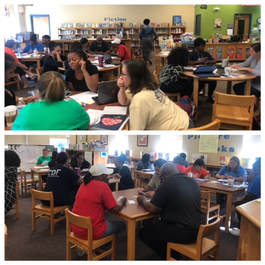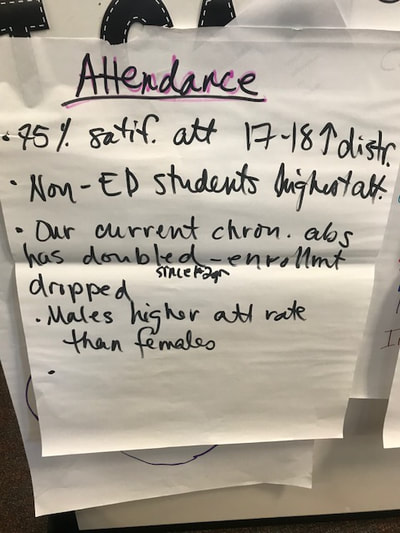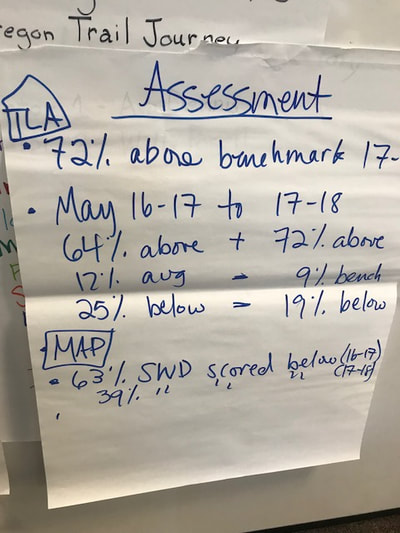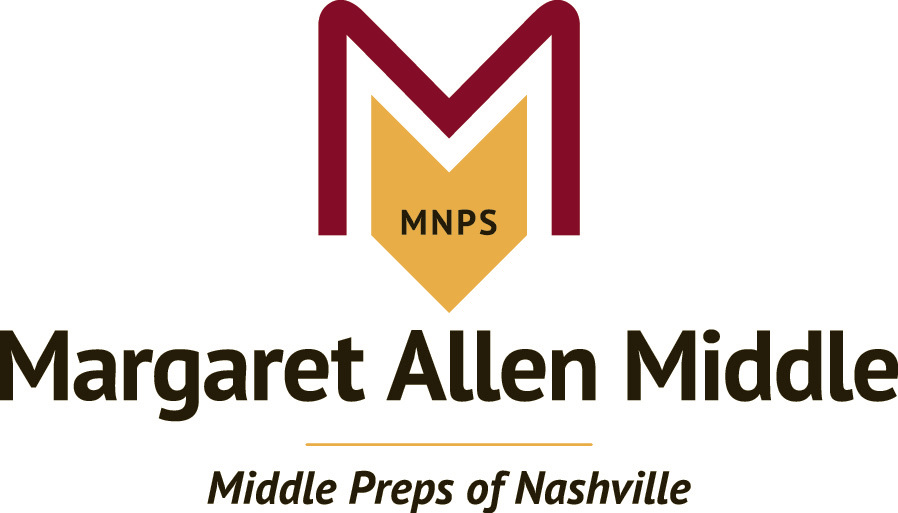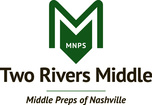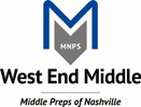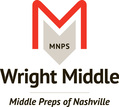Jones Paideia
Poverty Simulation Follow-Up Meeting
October 6, 2017
|
Jones Paideia faculty members participated in the MNPS Poverty Simulation on August 4, 2017. On October 6th, staff participated in a follow-up meeting where the collaborative inquiry process was used for analyzing data, reflecting upon practices, and determining some next steps for supporting student success.
| |||||
Activating and Engaging
Think back to when you participated in the poverty simulation, what were 2-3 takeaways you had from that experience?
|
|
Exploring and Discovering
Data Warehouse Reports
Several MNPS Data Warehouse reports were reviewed and observations made.
- Assessment Data—MAP & TLA
- Attendance Dashboard—current and past 3 years
- Poverty Simulation Experience
STOP
|
CONTINUE
|
START
|
Exit Slip Reflection--What actions might you take as a result of our time together?
|
|
Meeting Feedback--How was the Meeting?
Plus
|
Suggestions for Improvement
|
|
|
